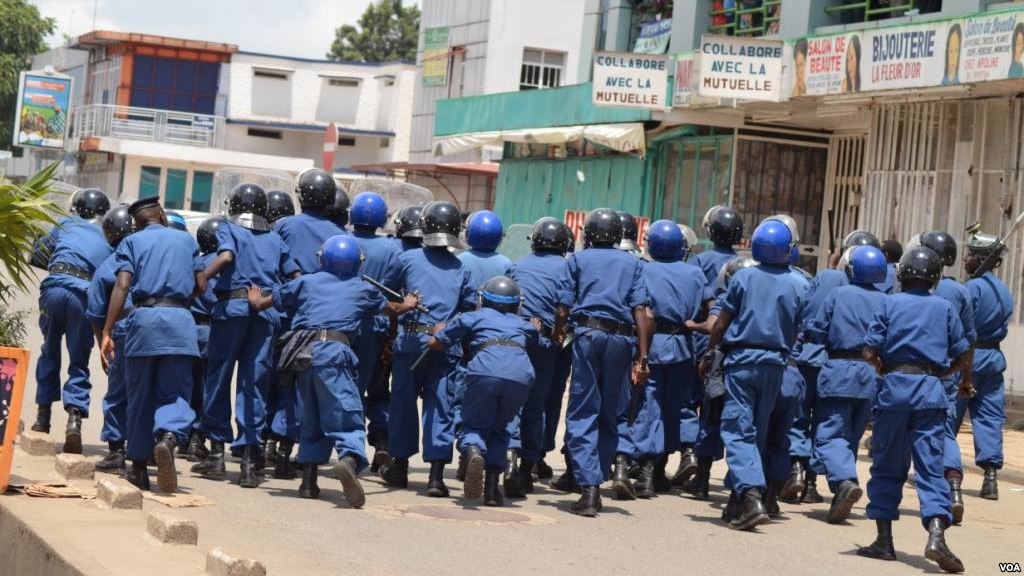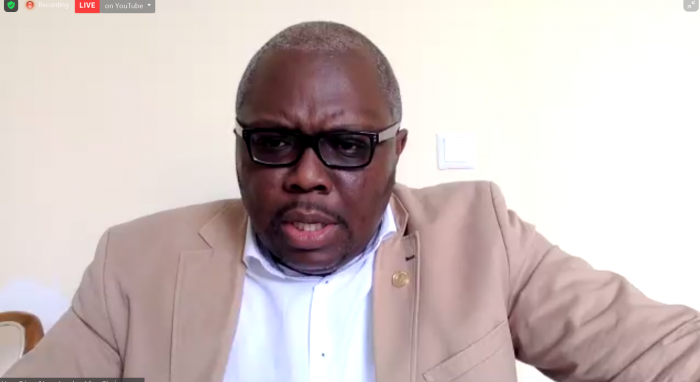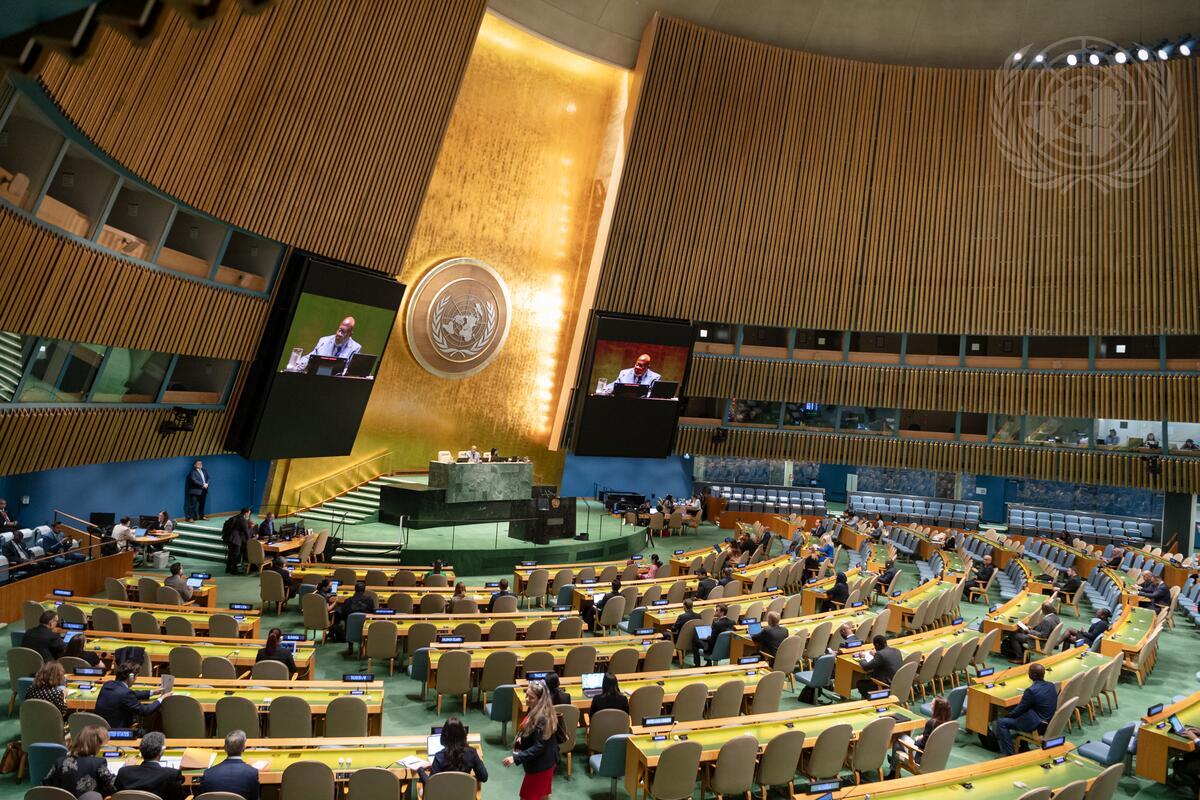On 24 April 2021, the Special Rapporteur on human rights defenders and focal point on reprisals in Africa, Pr Rémy Ngoy Lumbu, presented his intersession activity report. The report provides an update on the activities undertaken by the mandate holder for the promotion and protection of human rights defenders during the intersessional period since the 67th Ordinary Session of the Commission held virtually from 13 November to 3 December 2020.
On the one hand, the Special Rapporteur, shared the activities he implemented to raise awareness about his reprisals’ mandate and how defenders can interact with him as well as violations of the rights of defenders during the covid-19 pandemic and, on the other hand, he invited States to adopt laws to strengthen the protection of defenders.
Following the presentation of the report of Commissioner Rémy Ngoy Lumbu, ISHR delivered its statement with a particular focus on the persistence of reprisals and intimidation against defenders in Africa and violations of the rights of defenders during electoral periods with an impact on the shrinking of civic and democratic space in Central and West Africa in particular.
“For the African human rights system to function at its best defenders must be able to share crucial opinions and information about situations on the ground. However, many defenders are not able to cooperate safely with the African human rights system. We encourage all stakeholders to engage constructively with the mandate for the submission of cases of reprisals and look forward to the presentation of the report on reprisals at the 69th Ordinary Session” said ISHR’s Africa Programme Advocate Consultant Stéphanie Wamba.
She therefore called on the Commission and member States to do more to prevent and ensure against intimidation and reprisals against those who cooperate or seek to cooperate with the African human rights system.
In addition, Stéphanie Wamba also pointed out in her statement that “numerous violations of fundamental freedoms were recorded during the electoral periods, including internet shutdown, arbitrary arrests and detentions of defenders. This was unfortunately the case of Pulchérie Edith Gbalet of the NGO Alternative Citoyenne Ivoirienne (ACI) and two of her colleagues in Côte d’Ivoire, arrested on 6 August 2020. It was also the case of Mahamat Nour Ahmat Ibédou of the Convention Tchadienne de Défense des Droits de l’Homme (CTDH) arrested on 21 March 2021. In Guinea, internet access and social media networks were shut down from 21 to 23 March 2020 during the referendum and legislative elections”.
In conclusion, she reminded the African Commission that “the establishment of a legal framework protecting defenders and its effective implementation remain urgent and fundamental in Africa”.
Watch the statement here (in French).




